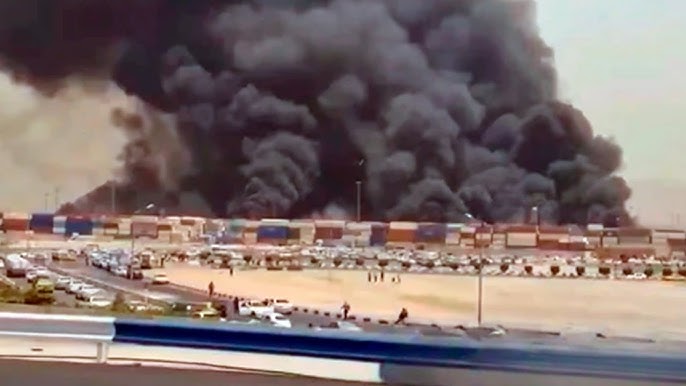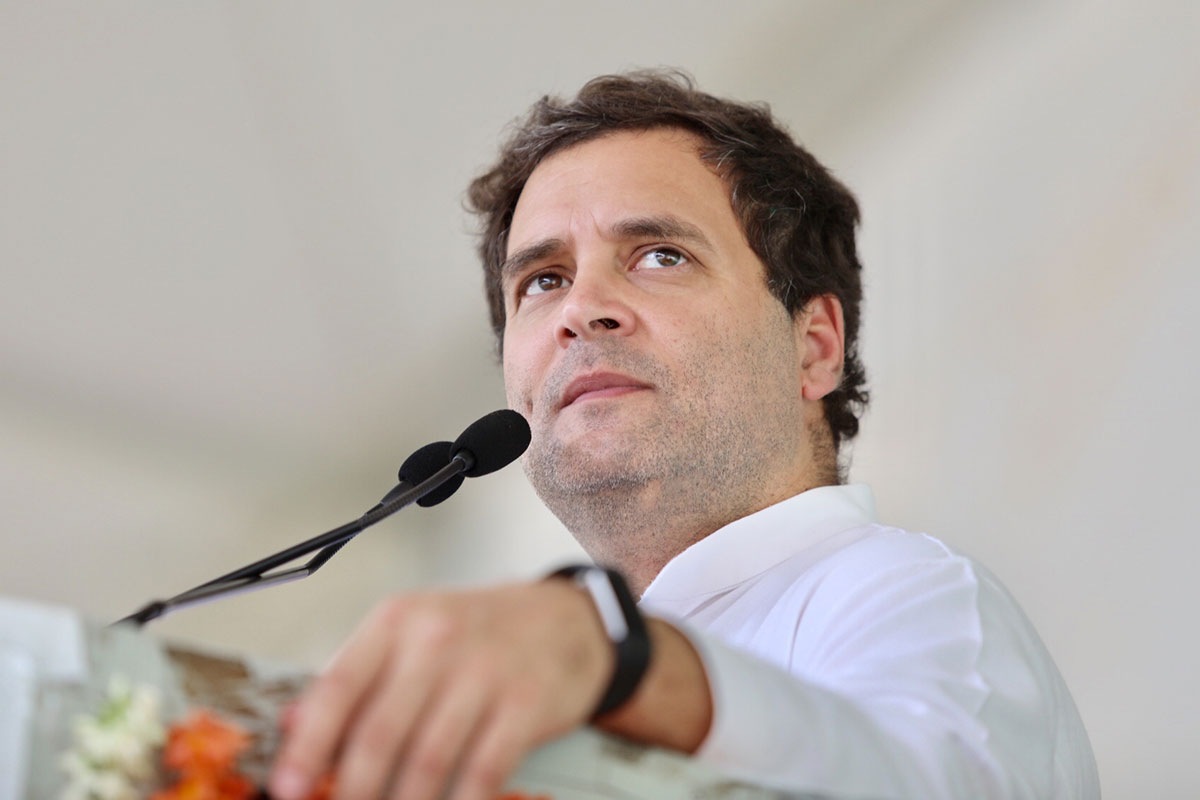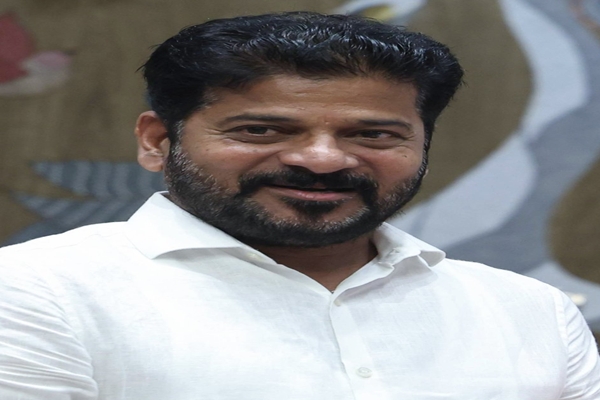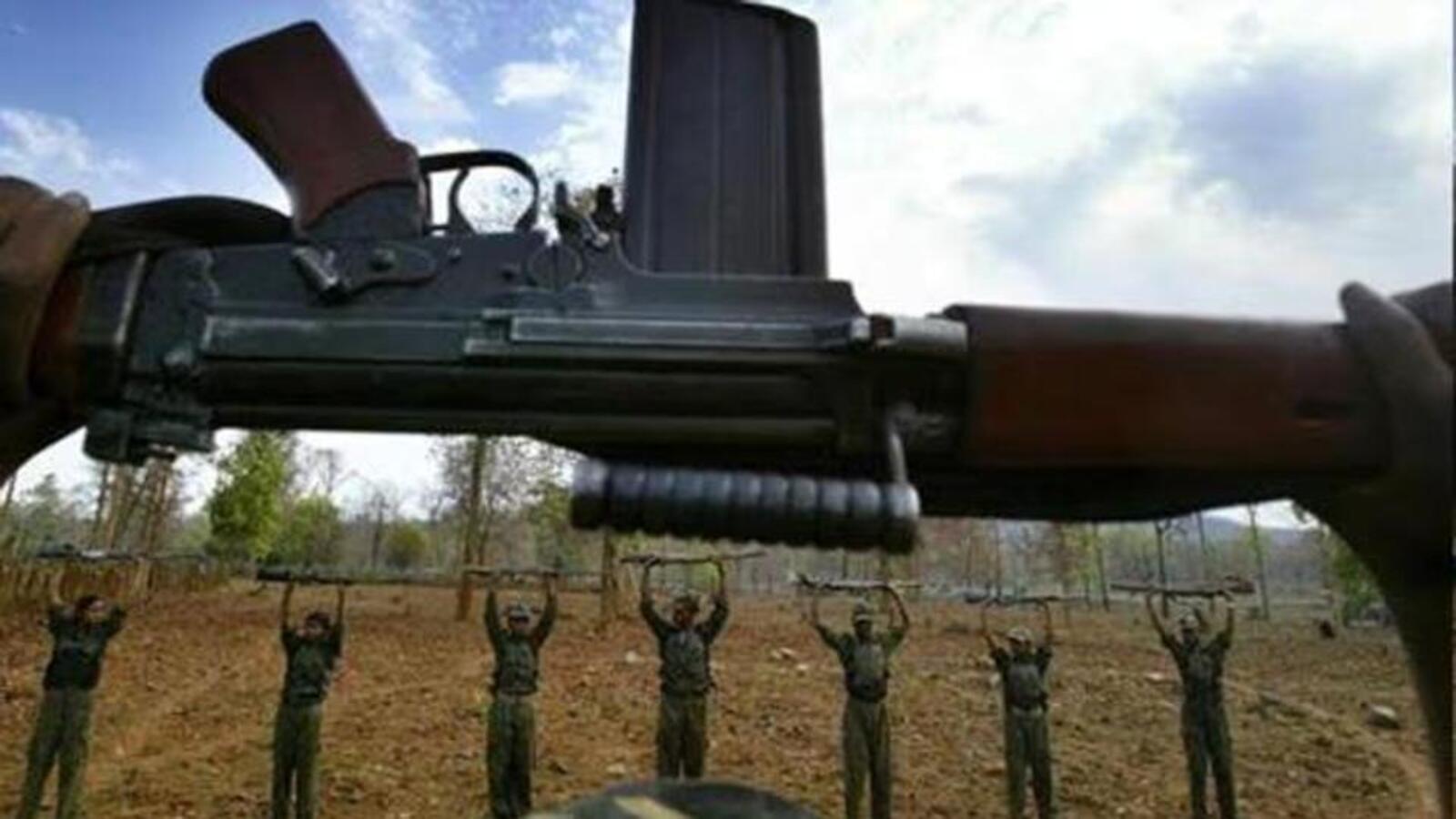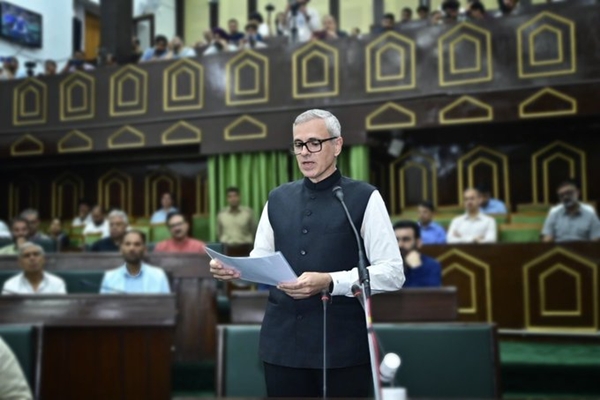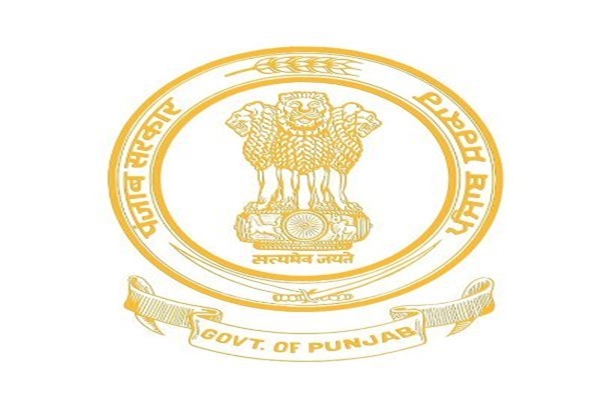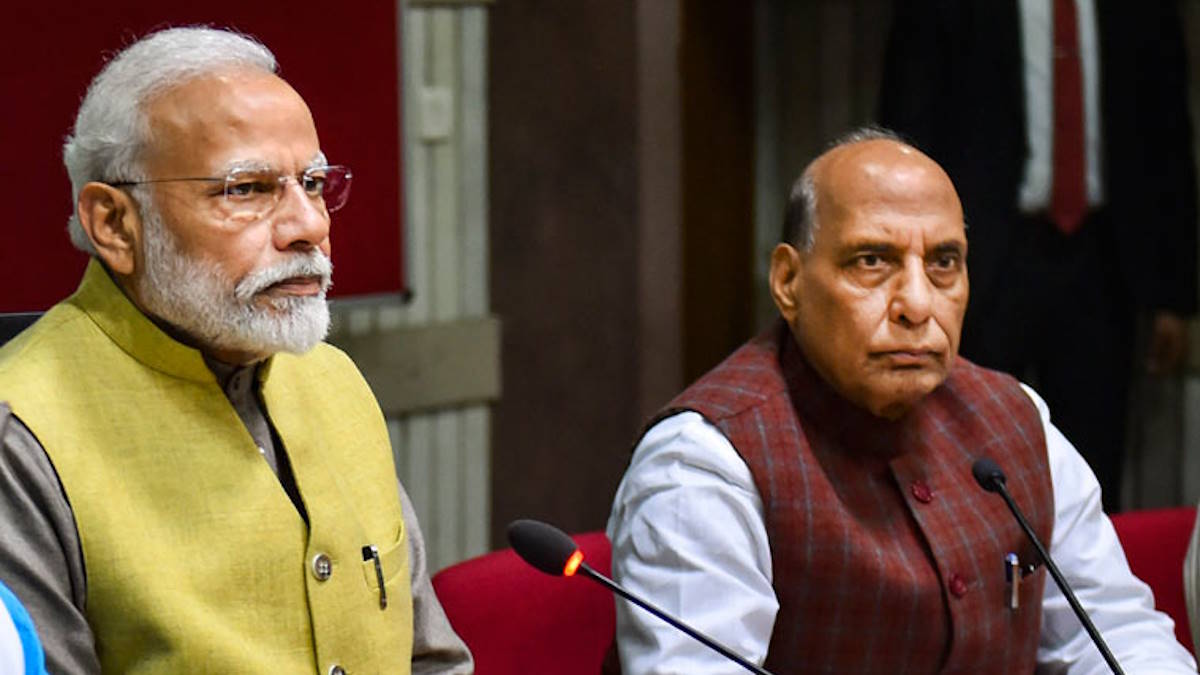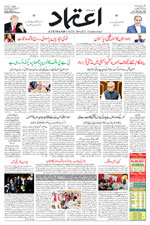Saudi Arabia willing to send ARMY to Iranian-backed Syria as tensions ESCALATE
Wed 18 Apr 2018, 11:30:11
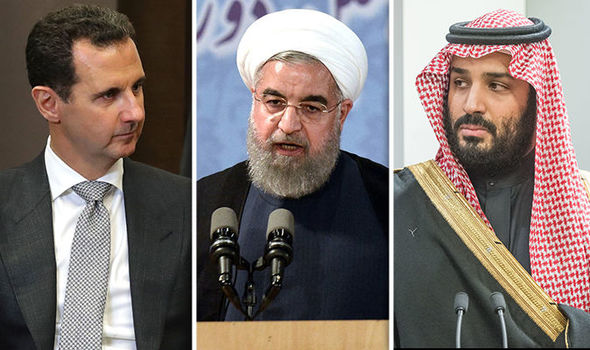
SAUDI Arabia has said it is willing to send an “Arab army” to replace the US in Syria as part of a Washington-led effort to stabilise the war-ravaged nation, but the move could lead to a further escalation due to the delicate balance of power.
The Saudi’s Foreign Minister Adel al-Jubeir responded to Donald Trump after a report in the Washington Post said the President called for Arab countries - including Saudi Arabia, United Arab Emirates and Qatar - to contribute billions of dollars as well as troops to Syria.
At a press conference, Jubeir said: “We are in discussions with the US and have been since the beginning of the Syrian crisis (in 2011) about sending forces into Syria.”
Jubeir added the proposal to send its troops as part of a broader international coalition was “not new”, saying: “We made a proposal to the (previous US) Obama administration that if the US were to send forces... then Saudi Arabia would consider along with other countries sending forces as part of this contingent.”
The news comes following US-led strikes against Syrian leader Bashar al-Assad's government after he was alleged to have carried out a chemical weapons attack on a - at the time - rebel-held region of Douma in East Ghouta.
But the strikes were incredibly limited and despite Donald Trump stating “mission accomplished”, there are claims a lot of the original targets were not hit.
A great effort was made to ensure no Russian soldiers or units were
targeted and there even reports the US was in close discussion with the Kremlin prior to the attack.
Russia is an ally with not only Syria but also Iran, which also meant the Iranians, Hezbollah of Lebanon and the Syrian army were out of bounds - including heavy equipment and ammunition dumps.
The Syrian war is highly contentious and sees Saudi Arabia backing mainly Sunni Muslim rebels against Shiite Iran and its Lebanese ally Hezbollah.
Syria is also a country of mainly Alawite Muslims, unlike Saudi Arabia’s fundamentalist Wahhabism – which is an ideology similar to that of al-Qaeda and Isis.
Wahhabism is also a puritanical belief which has been termed Salafi jihadism which seeks to not only establish Islamic states based around a literal interpretation of the Koran, but sees other faiths such as Shia and Yazidis as heretics.
Saudi Arabia supports rebels within Syria who were in control of Douma during the alleged chemical attack.
Both Iran and Saudi Arabia back opposing sides in other hotspots, including the aggressive war being waged by the Saudi’s against Yemen.
The UK is also arming the kingdom by selling barrel bombs and other weapons which were heavily criticised when used by the Russians in the siege of Aleppo.
Saudi Arabia has recently made a statement Israel has a “right” to exist.
This comes after several reports of Israeli airstrikes on Iranian military bases in Syria.
Although, Israel has never confirmed nor denied the attacks.
The Saudi’s Foreign Minister Adel al-Jubeir responded to Donald Trump after a report in the Washington Post said the President called for Arab countries - including Saudi Arabia, United Arab Emirates and Qatar - to contribute billions of dollars as well as troops to Syria.
At a press conference, Jubeir said: “We are in discussions with the US and have been since the beginning of the Syrian crisis (in 2011) about sending forces into Syria.”
Jubeir added the proposal to send its troops as part of a broader international coalition was “not new”, saying: “We made a proposal to the (previous US) Obama administration that if the US were to send forces... then Saudi Arabia would consider along with other countries sending forces as part of this contingent.”
The news comes following US-led strikes against Syrian leader Bashar al-Assad's government after he was alleged to have carried out a chemical weapons attack on a - at the time - rebel-held region of Douma in East Ghouta.
But the strikes were incredibly limited and despite Donald Trump stating “mission accomplished”, there are claims a lot of the original targets were not hit.
A great effort was made to ensure no Russian soldiers or units were
targeted and there even reports the US was in close discussion with the Kremlin prior to the attack.
Russia is an ally with not only Syria but also Iran, which also meant the Iranians, Hezbollah of Lebanon and the Syrian army were out of bounds - including heavy equipment and ammunition dumps.
The Syrian war is highly contentious and sees Saudi Arabia backing mainly Sunni Muslim rebels against Shiite Iran and its Lebanese ally Hezbollah.
Syria is also a country of mainly Alawite Muslims, unlike Saudi Arabia’s fundamentalist Wahhabism – which is an ideology similar to that of al-Qaeda and Isis.
Wahhabism is also a puritanical belief which has been termed Salafi jihadism which seeks to not only establish Islamic states based around a literal interpretation of the Koran, but sees other faiths such as Shia and Yazidis as heretics.
Saudi Arabia supports rebels within Syria who were in control of Douma during the alleged chemical attack.
Both Iran and Saudi Arabia back opposing sides in other hotspots, including the aggressive war being waged by the Saudi’s against Yemen.
The UK is also arming the kingdom by selling barrel bombs and other weapons which were heavily criticised when used by the Russians in the siege of Aleppo.
Saudi Arabia has recently made a statement Israel has a “right” to exist.
This comes after several reports of Israeli airstrikes on Iranian military bases in Syria.
Although, Israel has never confirmed nor denied the attacks.
No Comments For This Post, Be first to write a Comment.
Most viewed from International
Most viewed from World
AIMIM News
Latest Urdu News
Most Viewed
May 26, 2020
Which Cricket team will win the IPL 2025 trophy?
Latest Videos View All
Like Us
Home
About Us
Advertise With Us
All Polls
Epaper Archives
Privacy Policy
Contact Us
Download Etemaad App
© 2025 Etemaad Daily News, All Rights Reserved.

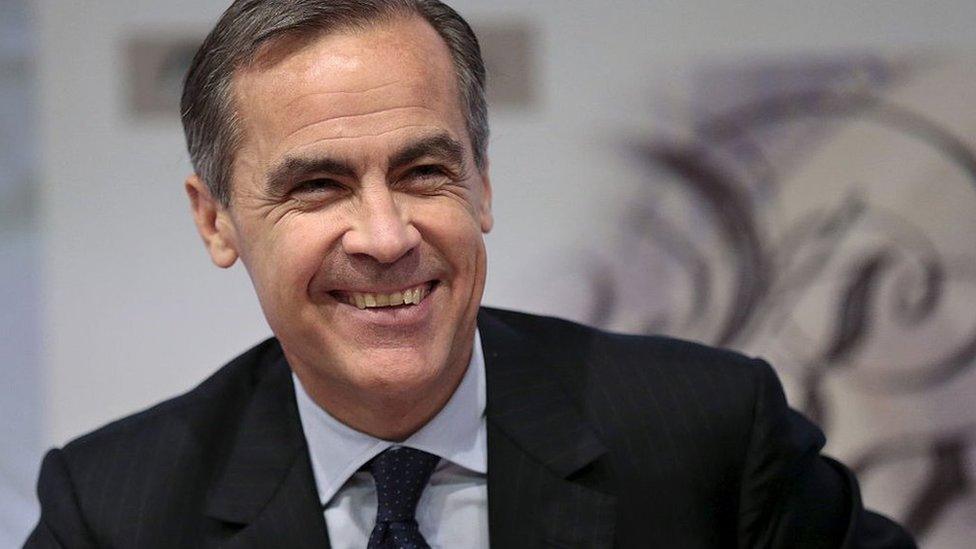
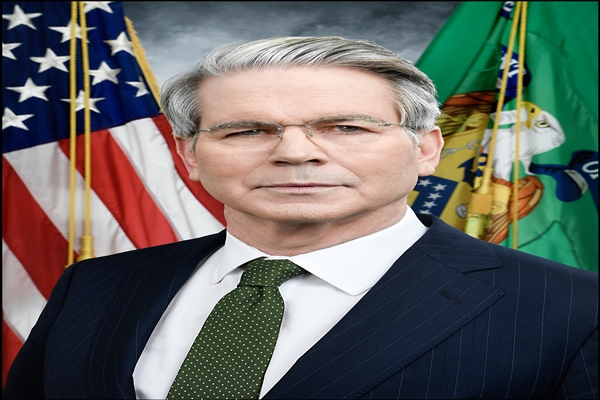
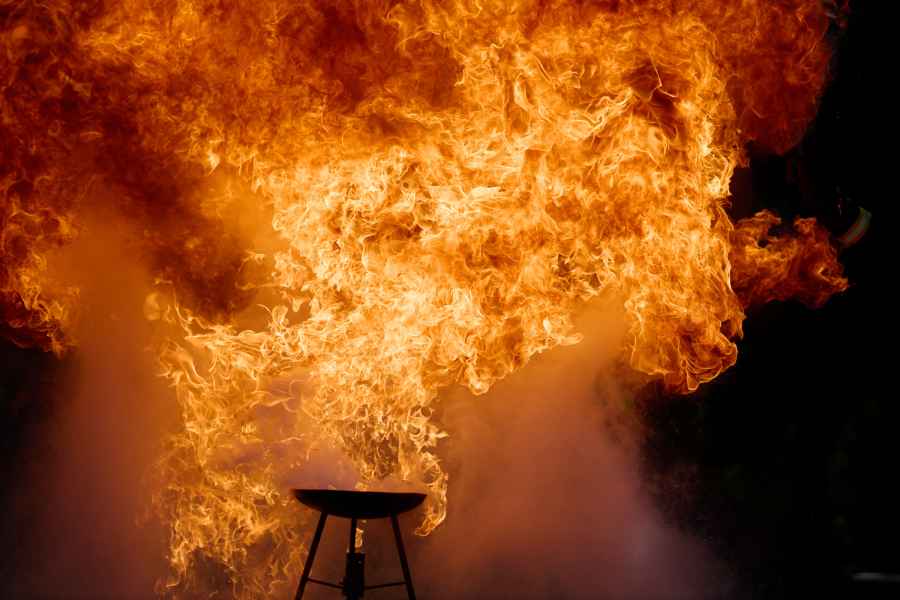
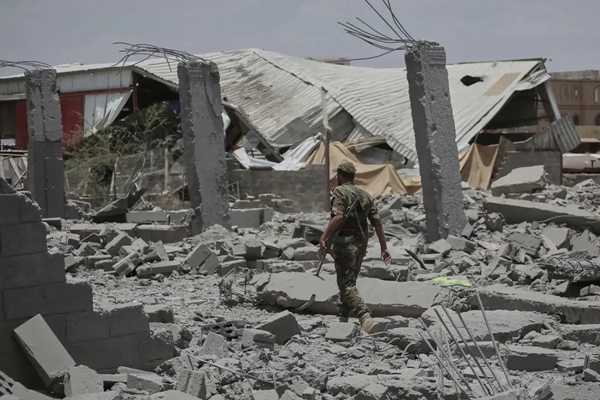
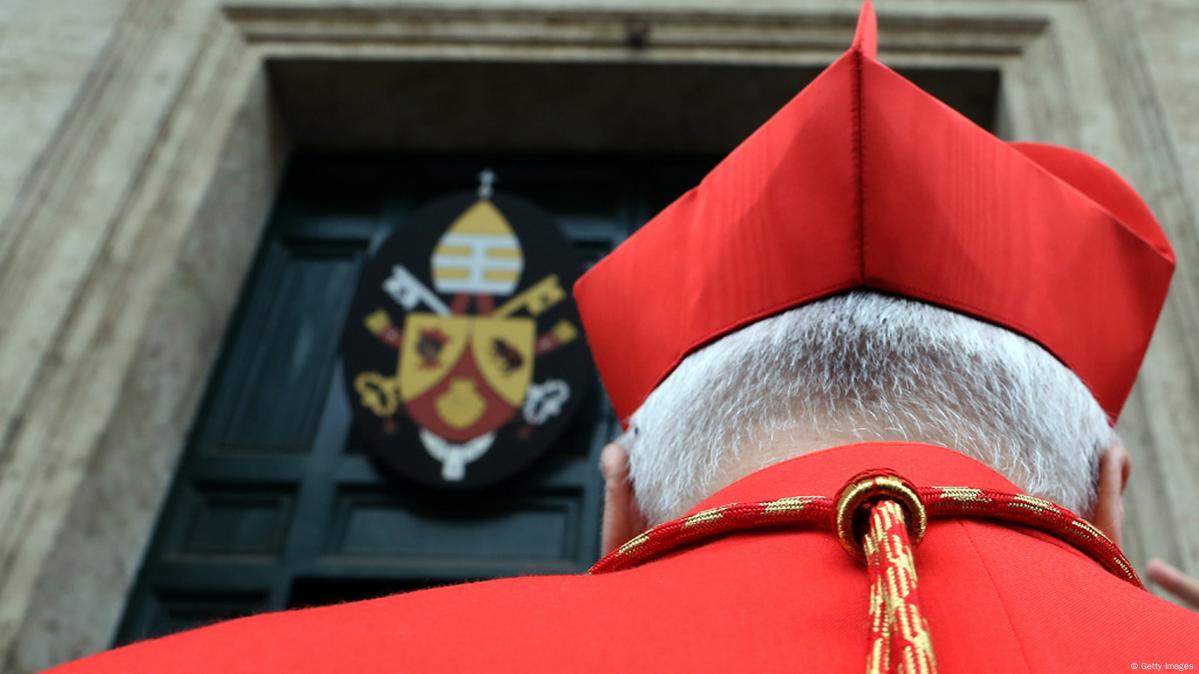

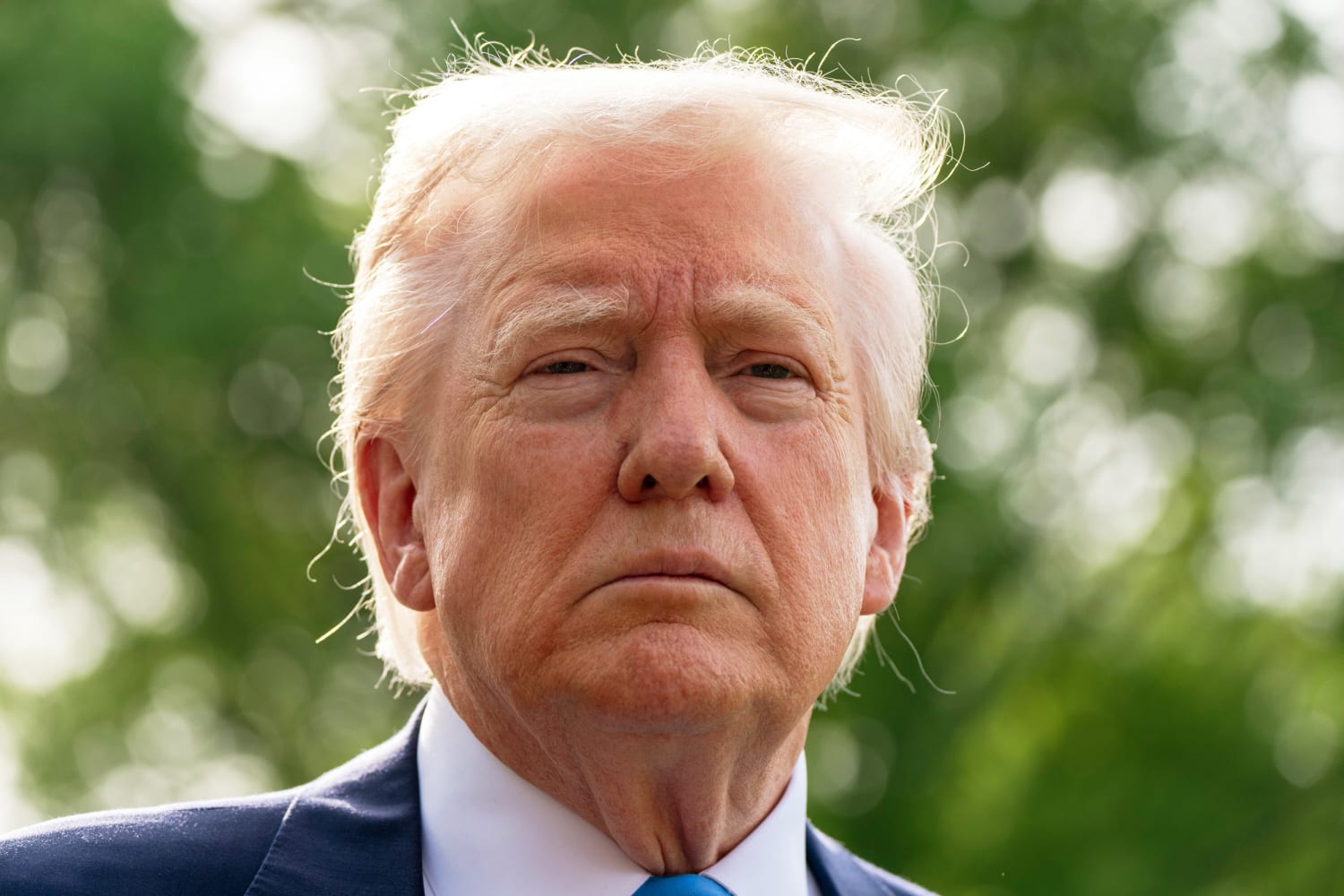

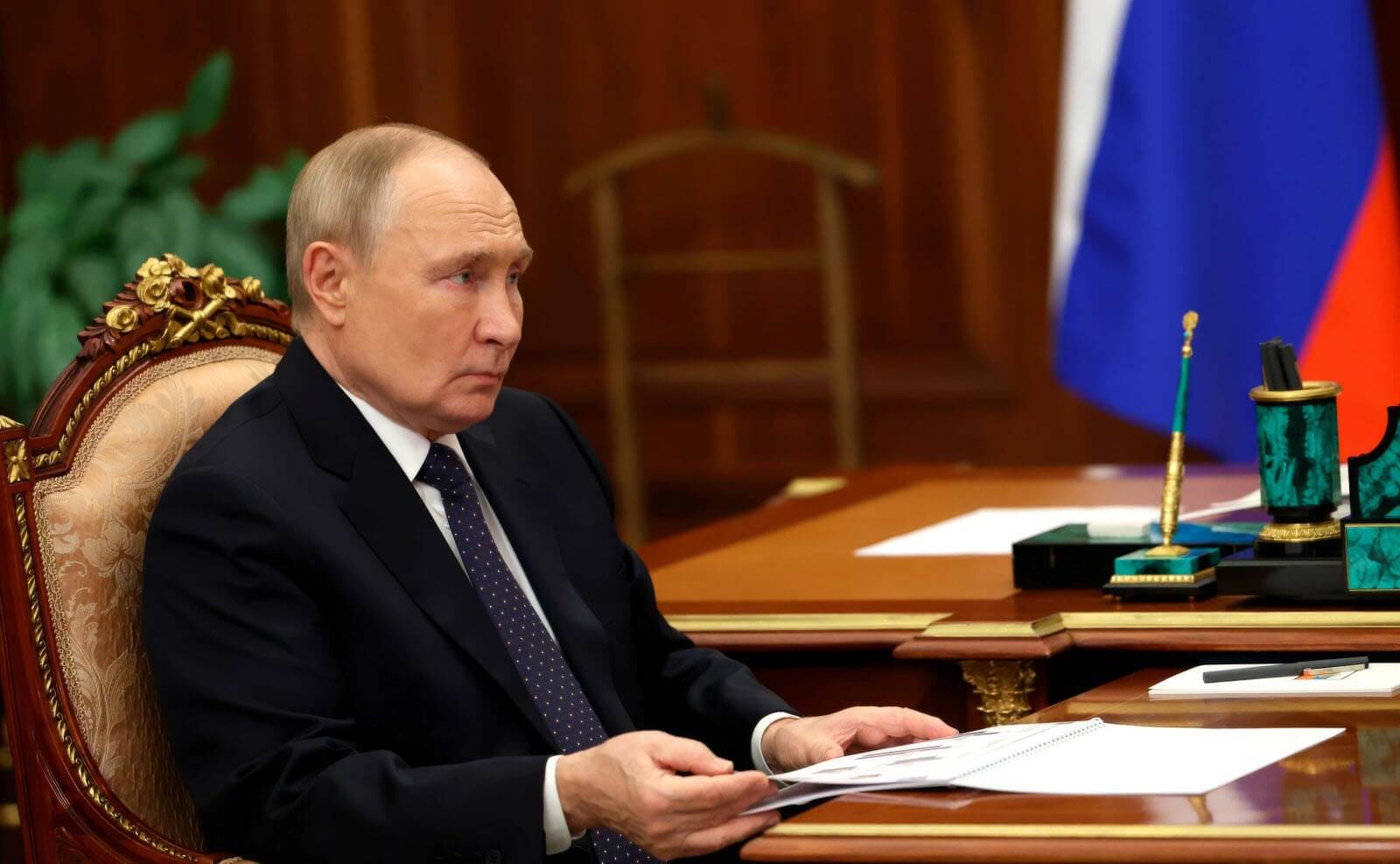
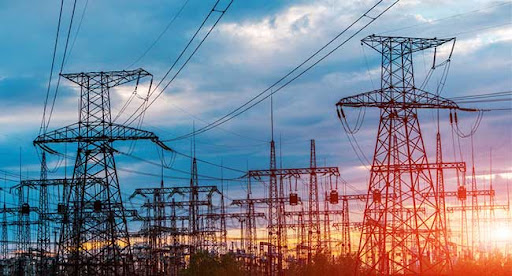
.jpg)
